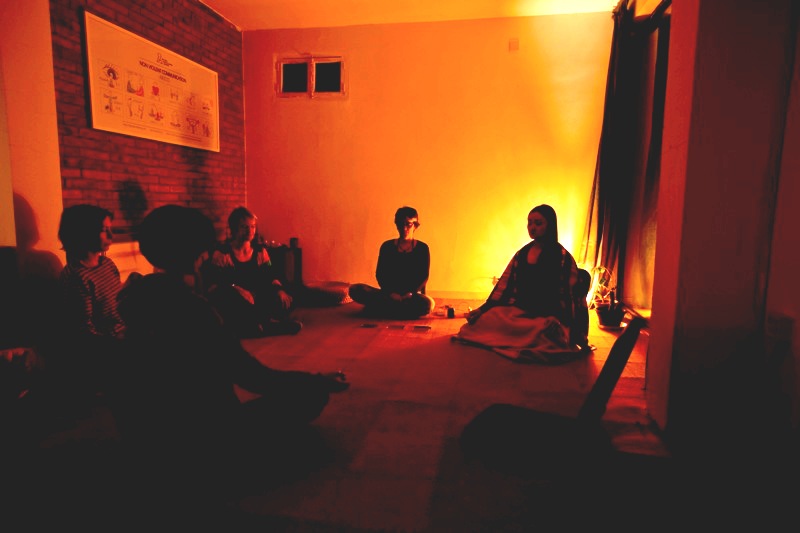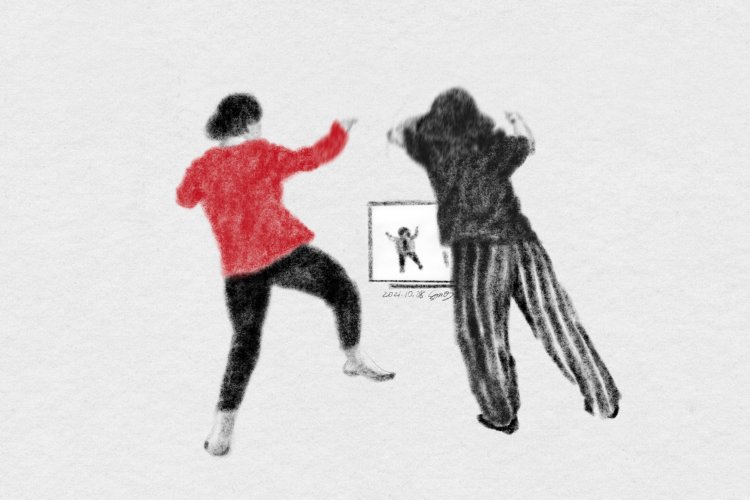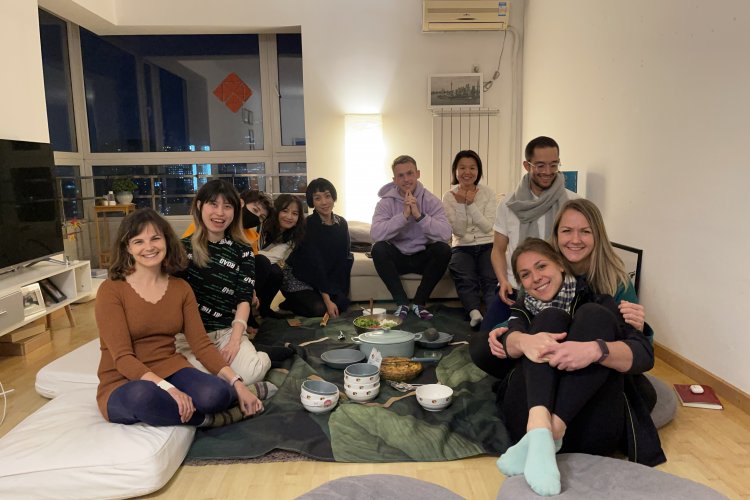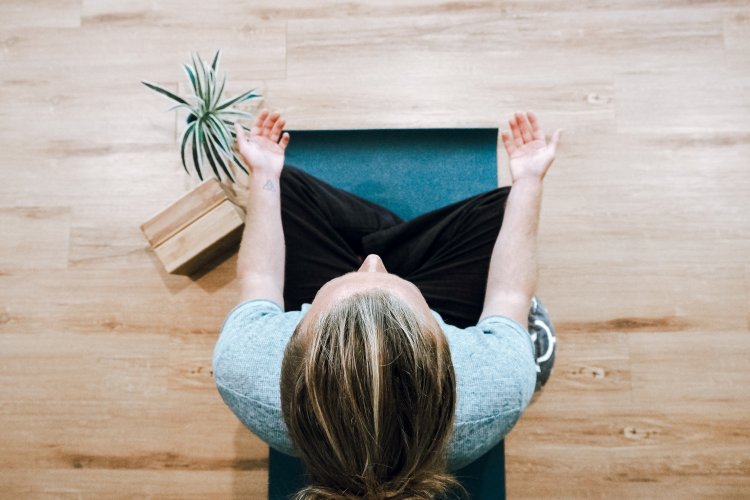Mindfulness in Beijing: Teaching How to Tackle Pain Through Meditation and Self Awareness
Settling into a group meditation class at the Beixinqiao-adjacent Beijing Mindfulness Centre (BMC) – think sitting on the floor, dimmed lights, gentle music, and the occasional chime to mark time – meditation leader and Serbian-born founder Dalida Turkovic says something unexpected: “People often suggest to their friends that they in turn should try meditation, ‘It’s fun!’ they say. But in truth it’s a nightmare, which is exactly how it should be.” It wasn’t quite the tranquil opener to a meditation session that I had anticipated but even over just a couple of sessions at BMC it became clear what Turkovic meant; deconstructing and rebuilding the habits and mental processes that we have relied on throughout our lives – what is the very core of our personality and which give rise to our behavior – is never going to be all happiness and laughter, and it takes time and effort to do it right.

Mindfulness’ part in this reconfiguration relies on what Turkovic defines as “non-judgmental awareness of present moment experience,” that is, viewing your current condition with complete objectivity, devoid of associations of “good” or “bad” so that we grant our consciousness unimpeded access to our physiological state. By taking note of our emotions and inner sensations we can start to apply self-awareness and disassemble the root causes of anxiety and fear in the hope of rationally confronting them before potential exacerbation. It is by experiencing the present that all prior prejudices melt away: “the body self-regulates, your mind slows down, and the brain produces neurotransmitters such as dopamine and serotonin that gradually enable a positive outlook,” Turkovic explains.
The rise of mindfulness in the West is often attributed to studies conducted by biologist Jon Kabat-Zinn, who in the 1970s found that he could use the practices that had been observed by Buddhists for close to 2,000 years – as a meditative means to reach enlightenment – to now treat the chronically ill. Kabat-Zinn’s scientific, secularized approach helped rejig these ancient implementations for “modern man,” attracting the likes of mega corporations who began to see its applications and benefits in the workplace.
Mindfulness’ success is in part due to the fact that practice itself is neither very complicated nor expensive. But as with any activity that requires the formation of good habits, the hardest obstacle is building self control and carving out time to do it; it is consistency that will create the outcome. This need for discipline has meant that over the years mindfulness has gained traction among not only sufferers of chronic physical pain but also those who are in desperate need to make changes to temper destructive mindsets or ease mental afflictions. Turkovic, a resident of Beijing going on 20 years, candidly admits that she, following a period of life setbacks and swelling anxieties, was, after much confessed reluctance eventually accepting of mindfulness. Through the practice, Turkovic says she was able to tackle the underlying problems in her life by connecting to her emotions, especially fear, which she was neglecting as a result of believing that she was not afraid of anything. That’s likely a trait that many of us can also admit to being guilty of, especially when stationed so far away from home.

A combination of Beijing’s fast-paced life, a sense of transition and perpetual change, and the struggle of connecting to a disparate culture is frequently compounded by other external factors out of our control. The prime culprit is pollution, which often hampers our means of expunging additional energy to maintain a healthy lifestyle. “People are unable to self-regulate, which causes stress, which in turn impacts the immune system, and [people] encounter anger as a side effect towards their relationships and decision making,” Turkovic says. It’s for this reason that expats in Beijing must find an outlet for their stress as well as look inwards to adjust how they cope with it.
Finally, when I ask Turkovic who she would recommend mindfulness to first and foremost she suggests, “People who are experiencing high level of anxiety and perhaps even loneliness. One of the side effects of mindfulness is improved relationships; if someone is feeling that they can’t really integrate themselves within a community and if there’s any curiosity towards personal development then mindfulness is a great place to start.”
If you want to give mindfulness a trial run at home, there are a neverending number of apps to help guide you towards a more mindful life and keep you on track. Turkovic counts Insight Timer, Mindfulness Coach, Calm, and Headspace as some of her favorites. If you want to go it alone, breathing exercises may also be your gateway. From a neuroscience perspective, it is physiologically impossible to create stress and focus on our breathing at the same time, and thus helps to sync the body’s mental and physical components. In an air purified room or on a clear day, keep mental count of your breaths in a cycle up to 10, for example, “breathe in one, breathe out one, breathe in two, breathe out two …” If you find that your mind has drifted off or loses count, then simply restart at one. Turkovic suggests that if you’re able to maintain this habit for five minutes a day for one week, and are still curious to explore the practice afterwards, then this may just be the start of a more mindful life in Beijing. Just don’t be distressed or dissuaded if it occasionally proves to be a nightmare.
To find out more, add the Beijing Mindfulness Centre on WeChat (ID: mindfulnessbeijing), visit their website beijingmindfulness.com, or RSVP for their ongoing Mindful Mondays or Mindful Body Thursdays via 6403 4923.
More stories by this author here.
Email: tomarnstein@thebeijinger.com
WeChat: tenglish_
Photos: Uni You








